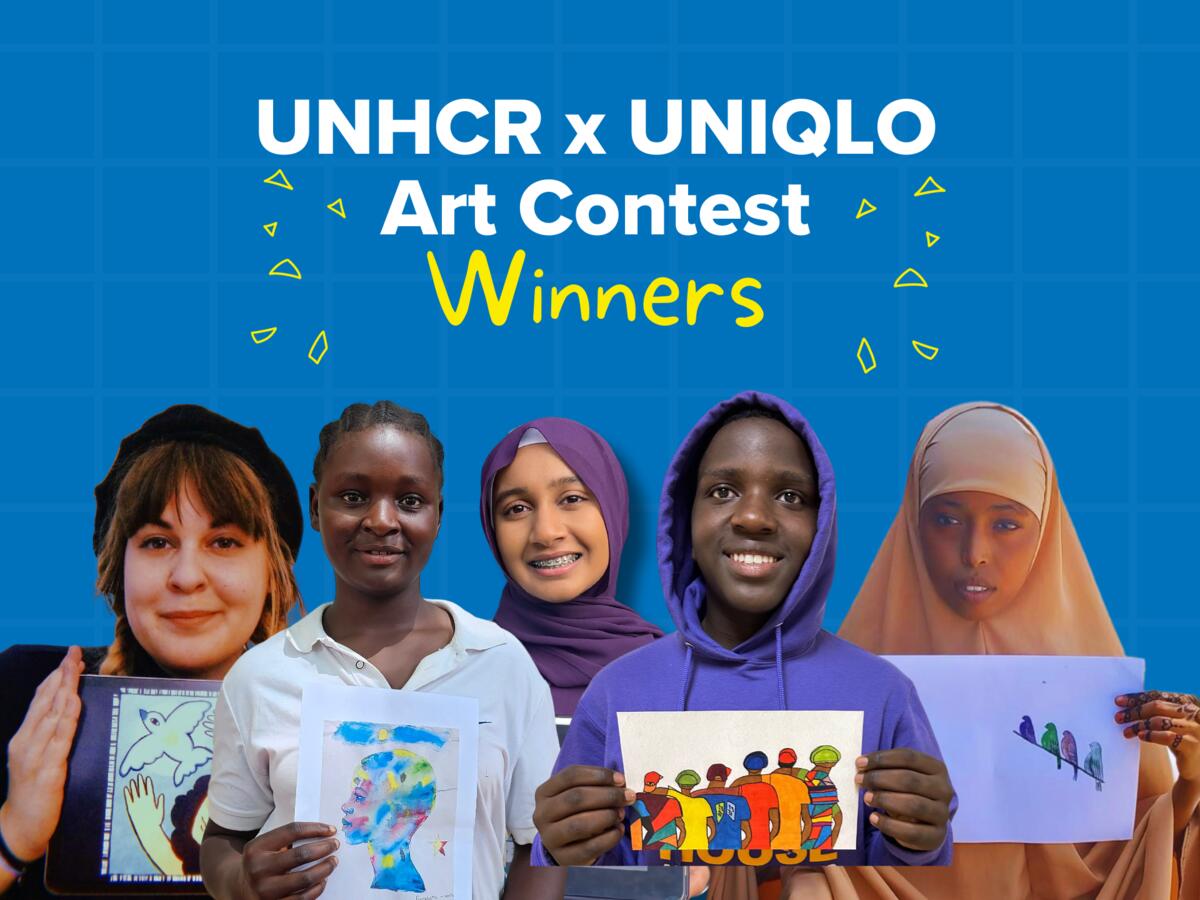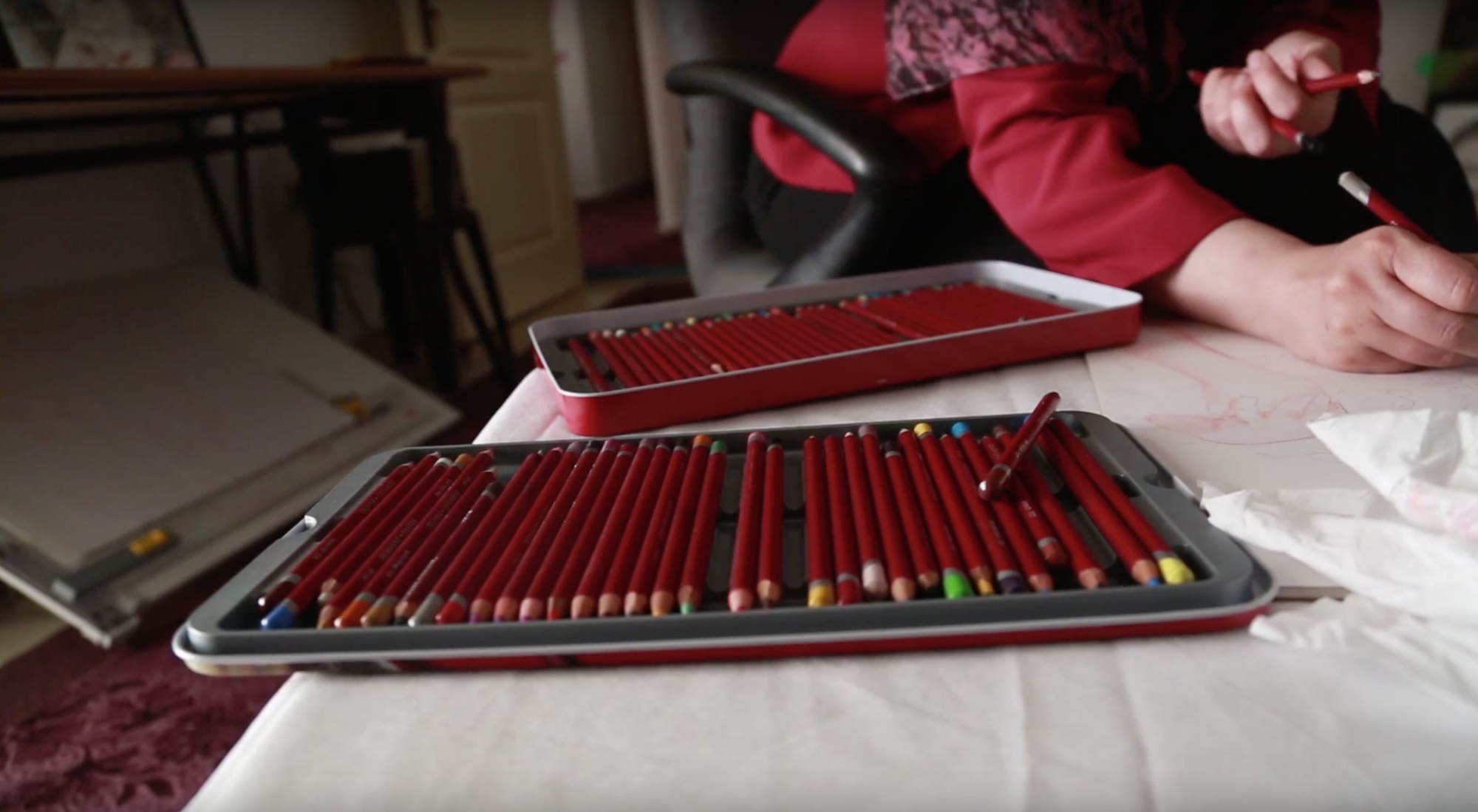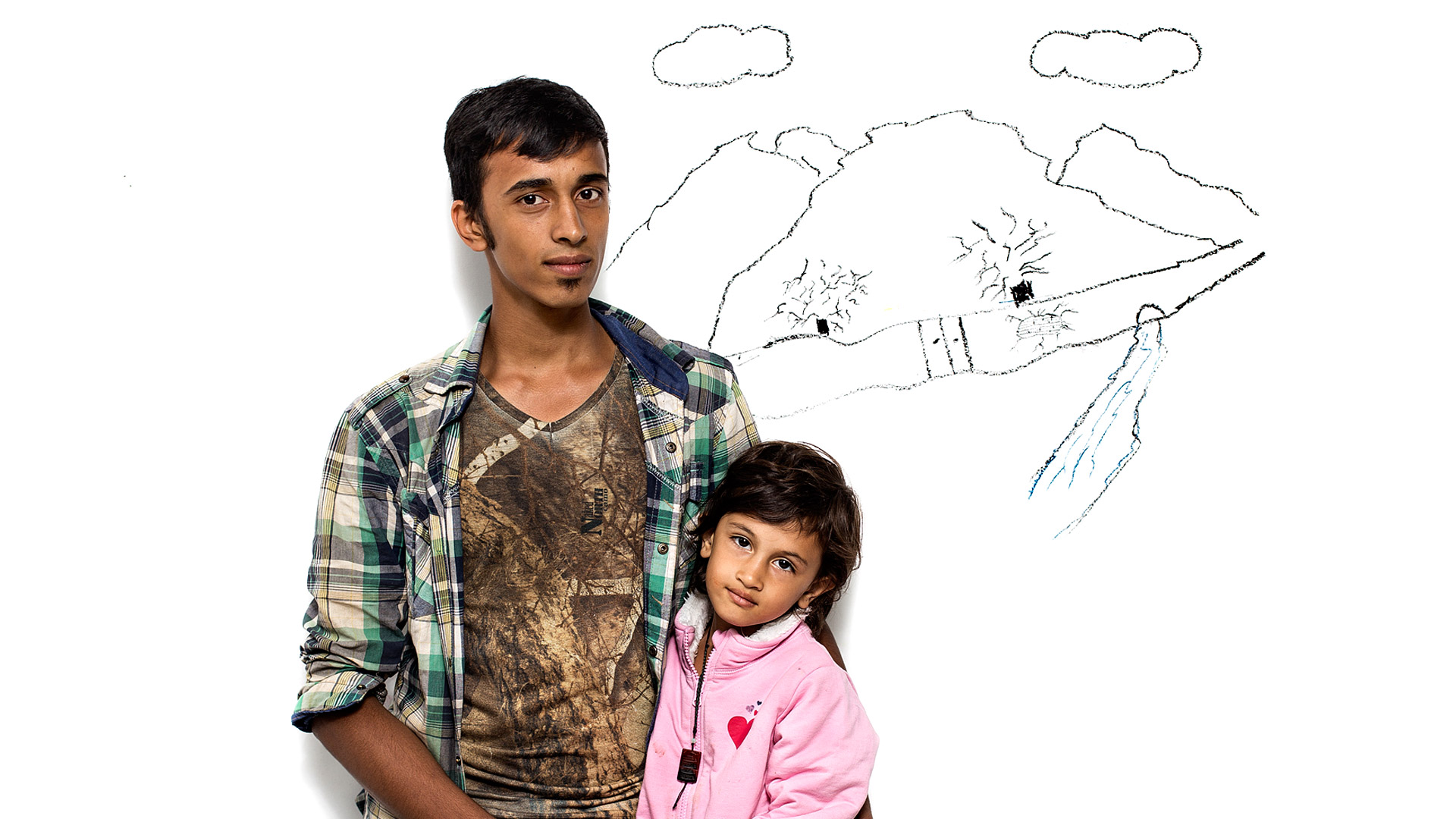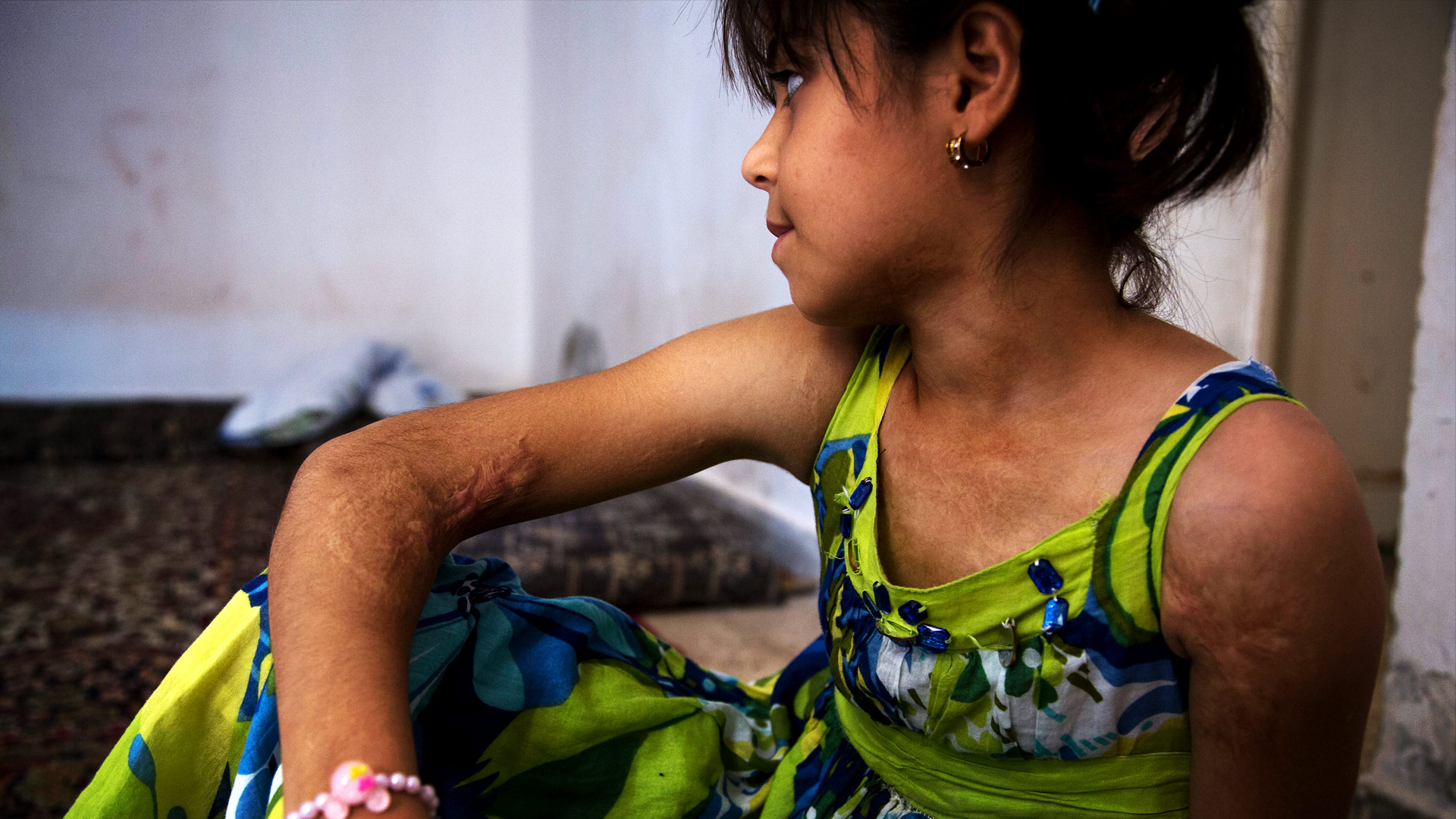Feature: Magician takes refugees on more than a flight of fantasy
Feature: Magician takes refugees on more than a flight of fantasy

BONGA, Ethiopia (UNHCR) - As we drive into Bonga refugee camp, some 2,000 refugee high school students are waiting for us. Waiting is something refugees do very well - some of these young men and women have been in this camp for 10 or 15 years, some have been born into waiting, waiting for that day they will go home, back to southern Sudan.
Today they are waiting for magic. Or, more precisely, the arrival of a magician from the United States who uses his bag of tricks to brighten the lives of young and old alike in refugee camps on several continents.
As hundreds of children sit expectantly on the ground and older ones cluster behind them, magician Tom Verner begins setting up a table with the few props he has carried with him all the way from the US. In the fierce heat of this camp - located 800 km west of Addis Ababa and home to 16,900 refugees from southern Sudan - his partner Janet Fredericks, today playing the clown La Fleur, brings smiles and laughter to the crowd with her colourful costume, her facial expressions, wordless antics and her balloons and bubbles.
Then the magic begins. Scarves appear and disappear, solid steel rings mysteriously link and unlink, ropes are cut and rejoined, a golden ball floats in the air. The refugees respond with awe and laughter, smiles and lively conversation among themselves, wondering how all this is happening.
"This show is unforgettable, we will be talking about this for a long time," enthuses John Pidor, who has been a refugee for 13 years and is now the Sudanese refugee chairman at Dimma, another UNHCR camp in Ethiopia where Verner performed. "It is wonderful. We seldom get to laugh together as a community."
The 56-year-old Verner, on leave from his job as a psychology professor at Burlington College in Vermont, USA, has taken his goodwill magic tours to Africa, the Middle East, Asia and Europe. "I am a great believer in citizen diplomacy," he says. "I have a sense that magic may awaken people's hopes and dreams." For refugees, he adds, "maybe magic can inspire people to get out of impossible situations."
Verner has set up a one-person non-profit organisation, Magicians Without Borders, to allow him to accept contributions to fund his work. He plans to recruit other magicians to join him in future.
He performed for refugees in the former Yugoslav Republic of Macedonia and Kosovo after Serbian forces expelled nearly a million ethnic Albanians from Kosovo in the spring of 1999.
"During my time in Macedonia and Kosovo, I developed a sense of the great needs of refugees, and the delight and awe the magic shows could bring them," says Verner.
He performed 14 shows at Ethiopian refugee camps earlier in March, entertaining more than 10,000 people. "Whatever will bring joy to this part of the world is welcomed," says Peter Okoye, Deputy Representative of UNHCR in Addis Ababa.
Back in Bonga, paper, shredded into pieces like a refugee's fragmented life, is transformed into a gloriously coloured streamer in the magician's hands.

On one level, these are just magic shows and clowning, bringing laughter and amazement to the refugees. But on another level, the show is an endless string of inspiring metaphors of the broken becoming whole, fragments being reassembled, failure after failure transforming into hope and success.
Verner says, "I like to think the show not only brings laughs, but perhaps, on some deeper level, maybe seeds of hope are planted." - Hope that the impossible is possible. That maybe the waiting will end and the day of going home will come.
By Mahary Maasho
UNHCR Ethiopia









